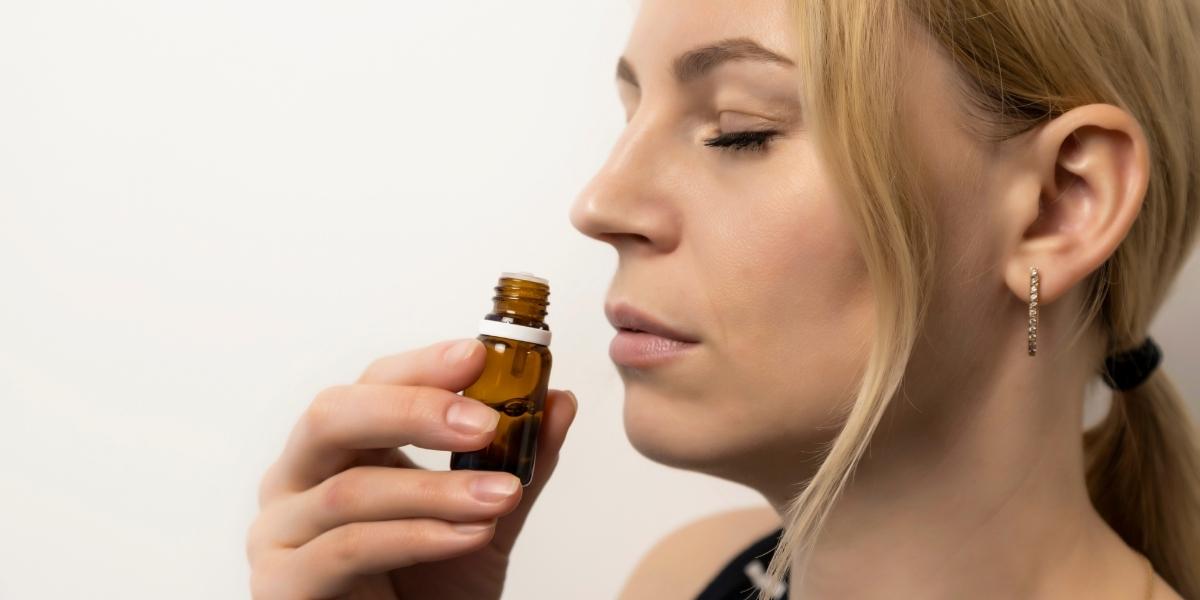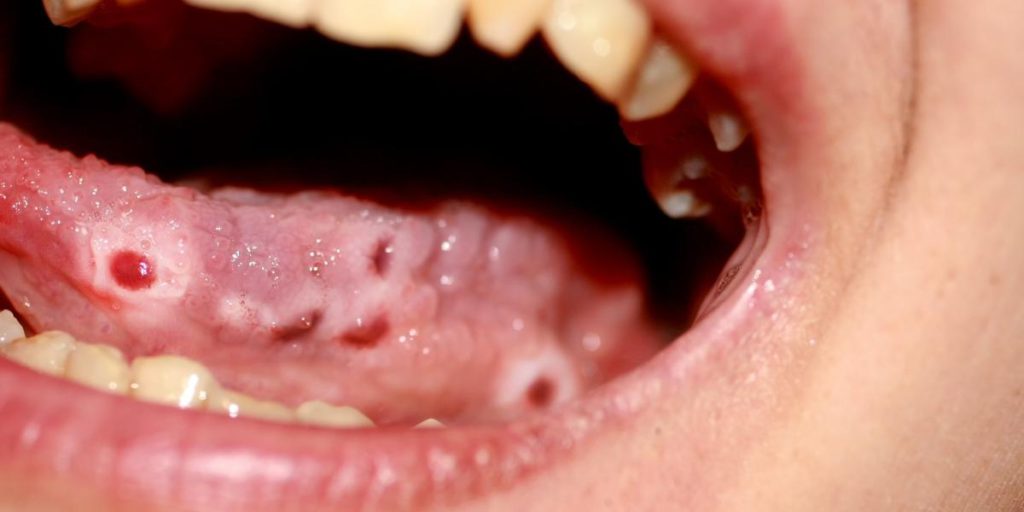Poppers Drug Effects

Inhalant abuse is less discussed than other addictions and dismissed as something teenagers do that isn’t very serious or dangerous. But, the reality is that people of all ages abuse inhalants, especially poppers, and they have harmful effects that are addictive and deadly.
Recently in the United States, poppers have been coming back as the recreational drug of choice among young adults, especially in gay clubs and the rave scene. Poppers is a slang term for a specific type of inhalant sold in capsules and vials to be popped open and inhaled for a head rush. They contain strong chemicals initially developed for medical purposes or industrial cleaning.
Popper’s drug effects include head rushes and short-lived euphoria; users also increase the risk of brain damage, nerve damage, heart problems, and sudden sniffing death syndrome (SSDS).
It is technically illegal to sell poppers and other inhalants for human consumption. Still, stores label them as leather cleaners, video head cleaners, room deodorizers, nail polish removers, or liquid aromas to get around the restrictions.
What Are Poppers?
Poppers are liquid mixtures of amyl nitrates, amyl nitrites, butyl nitrate, butyl nitrites, alkyl nitrates, or any combination of these substances sold to inhale and get high.
There are a lot of different substances considered inhalants, but poppers are unique because of their packaging, scent, and short-term but powerful effects. Poppers come in small bottles, glass vials, or capsules. The name came to be because of the noise the sealed bottles make when twisted or broken open.
Poppers are inhaled directly from the bottle, or people dip the ends of cigarettes into the liquid to inhale the vapors while they smoke. They are highly flammable, so bringing a flame near them or inhaling them while burning results in fire-related injuries and lung damage.
The Food and Drug Administration (FDA) declared poppers unsafe for human consumption amid increased hospitalizations and deaths of popper users. To avoid legal charges and liability, sex shops, gas stations, and head shops sell them as room odorizers, liquid aromas, leather cleaners, or other cleaning products.
Slang Terms
The name poppers is already slang for chemical inhalants. The chemical names include butyl nitrate, amyl nitrates, alkyl nitrates, amyl nitrites, and solvents.
Other slang terms for poppers come from brand names and purposes they are sold under, their chemical makeup, and their effects on people.
According to the FDA, common slang terms for poppers include:
- Amyls
- Snappers
- Jungle juice
- Quicksilver
- Rush
- Boppers
- Bold
- Kix
- TNT
- Thrust
- Ram
- Rock hard
- Liquid gold
What Are Poppers Drugs Used For?
Initially, people used poppers to treat cyanide poisoning and heart conditions, but safer and more stable alternatives were discovered, and they fell out of use. Now people use poppers for a quick high and head rush of euphoria.
People frequently mix poppers with alcohol and other drugs, which strains the internal organs and can cause side effects and health complications.
Poppers are also popular in sex clubs and among gay men because they increase sex drive, lower inhibitions, and relax muscle reflexes, making anal sex with men more pleasurable.
It is common for people who use poppers to increase their pleasure during sex to mix them with erectile dysfunction medications. Combining these two drugs is especially dangerous because they cause extreme drops in blood pressure, leading to fainting, strokes, and heart attacks.

Poppers Drug Effects
Poppers are known for increasing sex drives and lowering inhibitions. The desired effects of sniffing poppers, or inhalant drugs, are excitement, lightheadedness, warm sensations throughout the body, increased libido, and short-lived intoxication similar to being drunk.
When people inhale poppers, they decrease the oxygen supply to the brain, open up blood vessels, and depress the central nervous system causing relaxation and temporary euphoria. They also promote dopamine production in the brain to cause feelings of happiness and contentment. Unfortunately, the unpleasant and dangerous side effects of poppers outweigh the pleasurable feelings.
According to the National Institute on Drug Abuse (NIDA), poppers drug effects include:
- Headaches
- Loss of consciousness
- Nausea
- Confusion
- Drops in blood pressure
- Increased heart rate
- Chest pain
- Blurry vision
- Slurring
- Aggression
- Blackouts
- Coughing
- Choking
- Nosebleeds
- Losing balance
- Passing out
- Sudden sniffing death syndrome (SSDS)
Inhalant drugs like poppers are incredibly unpredictable and dangerous because statistically, SSDS affects first-time and long-term users the same.
Long-Term Effects of Poppers
The high and accompanying physical effects of poppers do not last long. However, there are long-term effects of chronic popper abuse.
Long-term physical and behavioral side effects of poppers include:
- Increased risk of sexually transmitted infections (STIs)
- Canker sores
- Sore throats
- Soft tissue damage and sores around the nose and mouth
- Vission loss
- Skin rashes
- Methemoglobinemia, an overproducing of red blood cells depriving organs of oxygen
- Mood disorders
- Violent outbursts
- Respiratory infections
- Tooth damage and decay
- Irritability
- Painful increase in eye pressure
- Hallucinations
- Heart problems
- Chronic migraines
- Brain damage
- Seizures
- Death
It’s worth noting that poppers are highly flammable, and some people prefer to add them to cigarettes, which can cause burns and severe lung damage on top of the other risks.
Most long-term side effects of inhalant abuse can resolve or reverse with time and proper medical care. Suffocation and sudden sniffing death syndrome have no cure or reversal drug available.

Inhalant Abuse
Most inhalants are not chemically addictive; instead, people become addicted to the rush and the circumstances surrounding their use. Inhalant users often struggle with other substances as well. Therefore treating inhalant abuse requires evidence-based, comprehensive treatment that addresses substance abuse and the underlying conditions and behaviors that contribute to it.
At Northridge Addiction Treatment Center, we take a whole-person approach to recovery, addressing addiction and co-occurring disorders. Using our dual-diagnosis program, our caring and experienced team will identify underlying mental health conditions and develop an evidence-based treatment plan based on your needs.
Our residential treatment center removes you from the stress and everyday environments that make using easy. Surrounded by the beauty of Los Angeles’s mountains and beaches, you can begin to heal in a peaceful, supportive family environment. We also provide 24-hour medical supervision during our on-site medical detox to start you on your path to recovery safely and comfortably, with a clear mind.
Through many effective, evidence-based treatment programs and therapies, our staff works closely with each resident to transform their lives and teach them strategies to overcome challenges and prevent relapse.
Reclaim your life with Northridge Addiction Treatment Center. Reach out now to speak with one of our compassionate treatment specialists and take the first steps on your path to recovery.
Find Meaningful Recovery
Our caring and compassionate specialists are eager to help you comfortably navigate this journey to recovery. Our individualized treatment plan, programs, and therapies may be a perfect match for you or your loved one. Let us assist you in living the happy life you deserve. It starts with a phone call.




